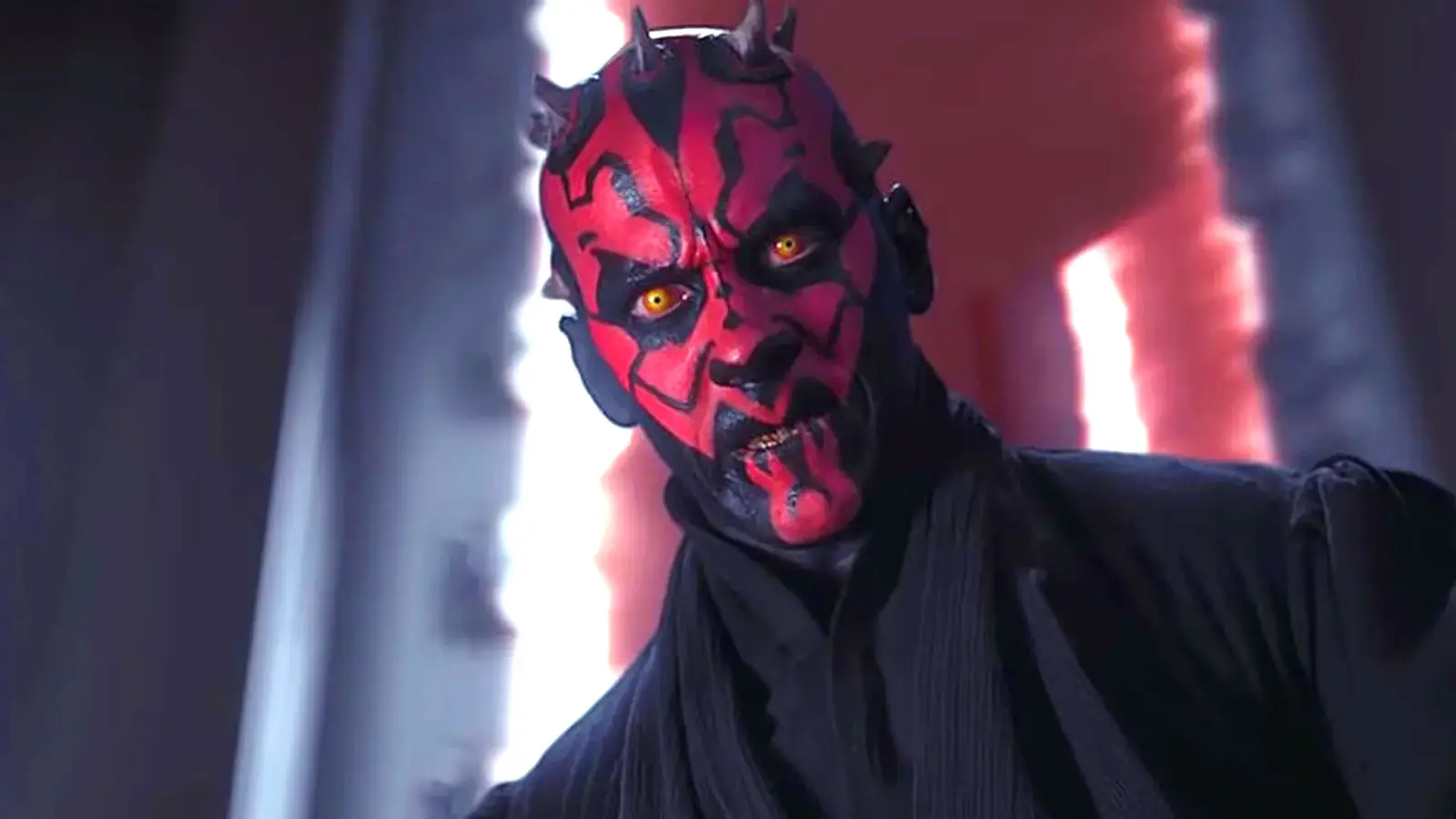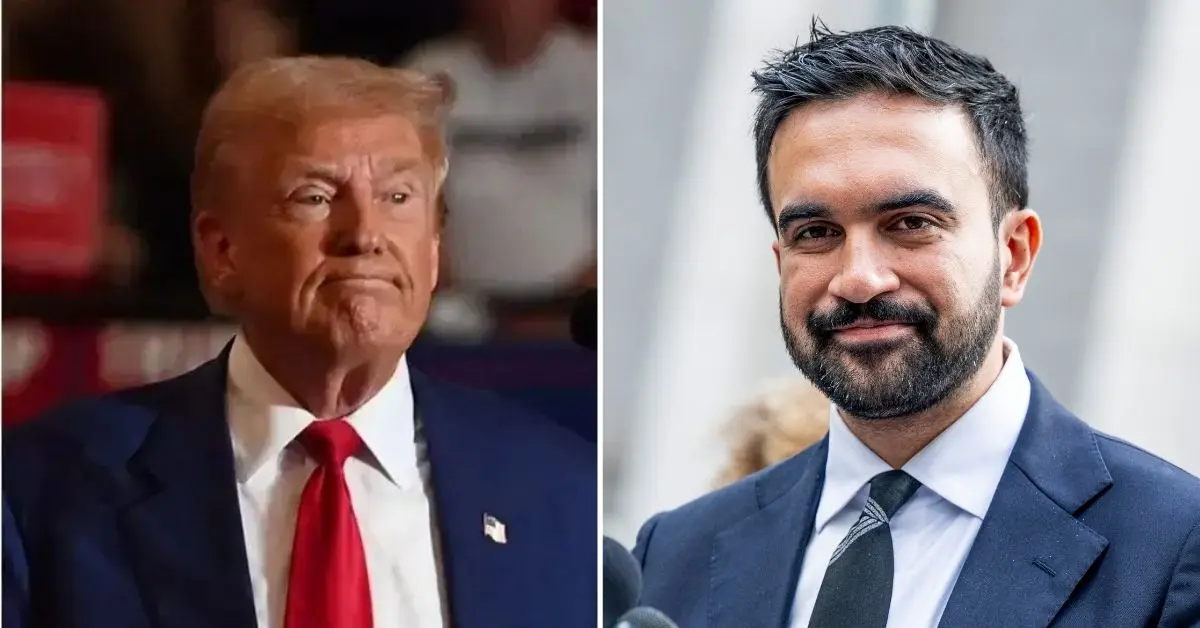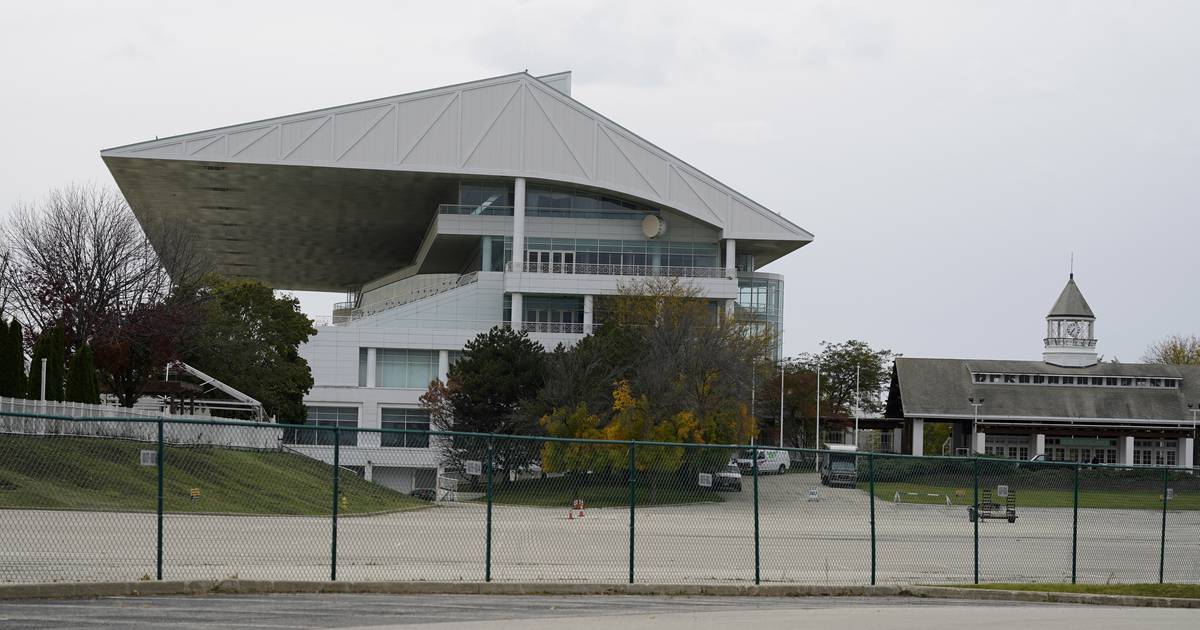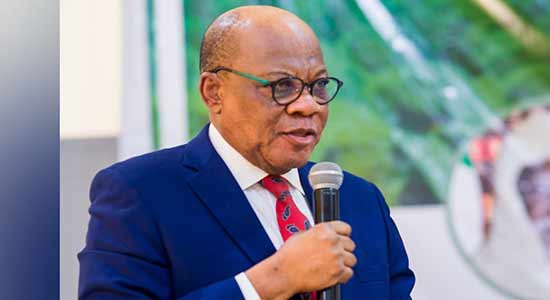Copyright Screen Rant

They might enjoy a better reputation today, but upon release and for a good while after, the Star Wars prequel trilogy was reviled. George Lucas has always offered the same defense for Episodes I-III: that these were kids' movies being criticized by adults who had grown up loving the original trilogy. Like many youngsters in 1999, I had developed an obsession with action figures and fallen in love with the original Star Wars trilogy during its theatrical rerelease. At the same time, I was innocent enough to remain oblivious to the wider context around the new Star Wars installments. As far as I knew, Star Wars movies were released all the time, and the sense of global anticipation that surrounded The Phantom Menace went completely over my head. When Star Wars: The Phantom Menace premiered, therefore, I hit the demographic Lucas claims the franchise is for pretty much exactly: narrowly reaching double figures in age, an established fan of the franchise, not yet old enough to be cynical. And while my experience of watching The Phantom Menace in theaters was a very positive one overall, my recollection of that landmark event reveals Lucas' defense is only half-right. George Lucas' Star Wars Prequel Defense Speaks To My Experience Watching The Phantom Menace As A Kid The debut of Jar Jar Binks and the depiction of Anakin Skywalker have been two of The Phantom Menace's most heavily-criticized elements over the years, as well as the two elements considered the most juvenile. I remember my reaction to Jar Jar being fairly neutral. I didn't necessarily gravitate toward him as a character - the Jedi were still infinitely more interesting - but did spend the next few days saying "okieday!" whenever my parents asked me to do something, so I clearly enjoyed the Gungun on some level. Perhaps tellingly, I had a similarly annoying-for-everyone-around-me reaction after first witnessing Yoda in The Empire Strikes Back. Despite not loving Jar Jar, I remember a few years passing before the realization that other fans despised him landed, and I was somewhat surprised by this. On subsequent rewatches, I could see what they meant, but Lucas' assertion that Jar Jar worked better for a young audience at least rang true in my case. Anakin I was a little cooler on, maybe just because he didn't talk in a funny way. I never found the character actively annoying, but couldn't connect with him either. As the future Darth Vader, perhaps that was the point, but I went into Attack of the Clones far more invested in Obi-Wan Kenobi than his young charge. One of the most valid criticisms of The Phantom Menace is its politics-heavy narrative. If Lucas claims the movie is for children, why would said movie begin with a trade dispute? Predictably, the finer points of Naboo's governmental entanglement completely passed me by, but at least I learned what "chancellor" meant. To be fair to George Lucas on the point of storylines, younger viewers can enjoy The Phantom Menace without understanding the Trade Federation's pretext for invading Naboo. I grasped the good/bad dynamic just fine - the Jedi vs. the red guy with horns and the robots upsetting the nice queen. Digging into Episode I's politics would wait for future years. Generally speaking, I walked out of that movie theater in 1999 a very happy boy, which was more than could be said for the adults around me. The thrilling lightsaber battles, the epic story of good fighting evil, and the genius addition of podracing all resonated strongly with my younger self, proving George Lucas' point about the target audience Star Wars is intended to entertain. Why George Lucas' Star Wars Defense Isn't Completely Right Despite enjoying The Phantom Menace, being blissfully unaware of the anger it prompted, and watching it almost back-to-back with the original trilogy, I have a strong recollection that Episode I failed to elicit the same emotional stirring as Episodes IV, V and VI. Something indescribable that, even as a kid, created a separation between The Phantom Menace and its predecessors in my mind. For a reason I couldn't quite place, I loved Luke Skywalker's story more than his father's. Looking back, I think this was due to another common criticism of the Star Wars prequels: the sharp increase in digital effects. As a child in 1999, I couldn't have picked out a miniature model from a CGI creation, but it could still be sensed. The lived-in, tangible quality that sold the original trilogy to my impressionable brain had been replaced by a digital sheen I couldn't see but could certainly feel. It dampened my early connection to the Star Wars prequel trilogy far more than any plot or character criticisms - more than even comedic aliens or "are you an angel?" Between A New Hope and Return of the Jedi, I had been able to imagine myself inside George Lucas' fictional universe, swinging a lightsaber and chasing Stormtroopers. The Phantom Menace felt closer to an animation - something I could enjoy but not fully inhabit.



